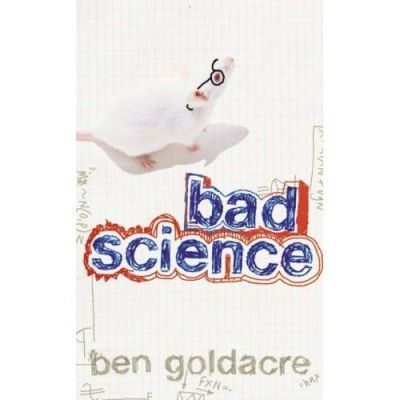Reviews
Keven Wang@kevenwang
Marius Masalar@marius
madina@humaintain
André Nóbrega@anobrega85
Ervin Szerdocz@ervin
Les Reynolds@lreynolds
manav @manavmishra
Beth Benbow@beths_books03
A. D. Knapp@haselrig
Sherry@catsareit
Oliver Magnanimous@oliverm
adcv@adcv
Shalini Basu@lini
ananya@ananyamav
Jehan Chawla@jehan
Daniel Kilby@d291173
Georgi Mitrev@gmitrev
Wilde@wildeaboutoscar
Andy@handyandy
Gavin@gl
Justin Jerome Price@so64
Morgan Holland@morgz
Adam Valentino@lug
Andy Sporring@andysporring
